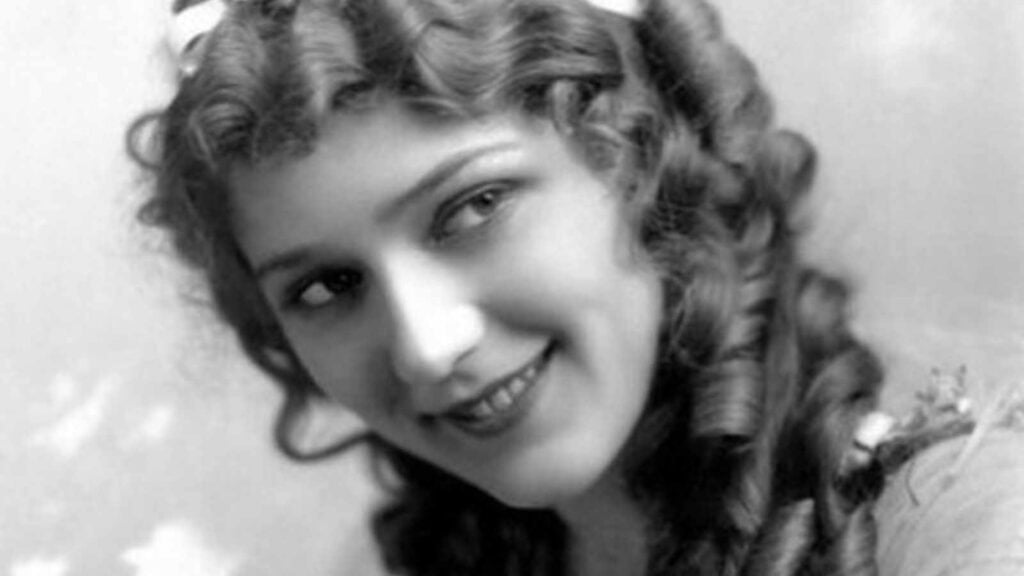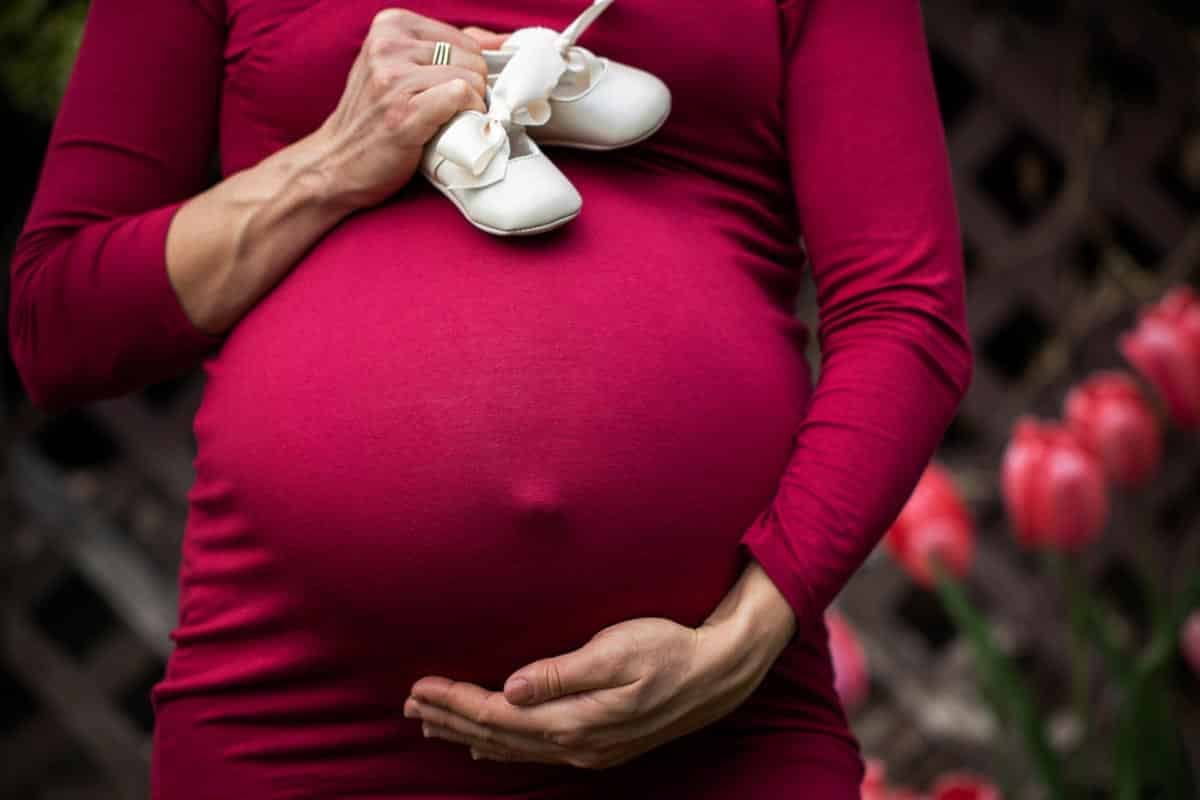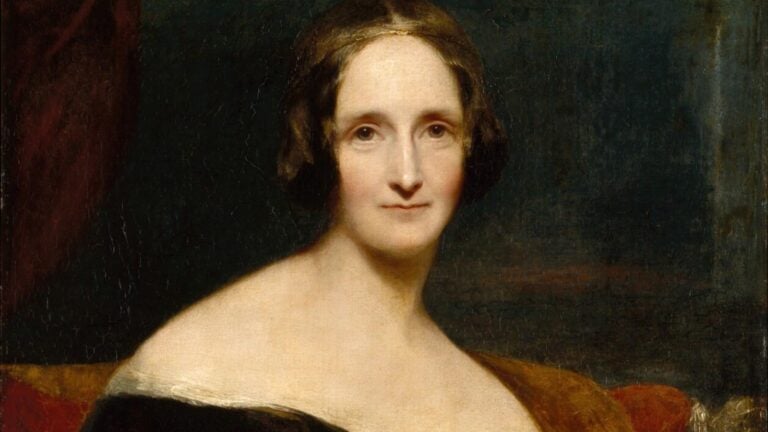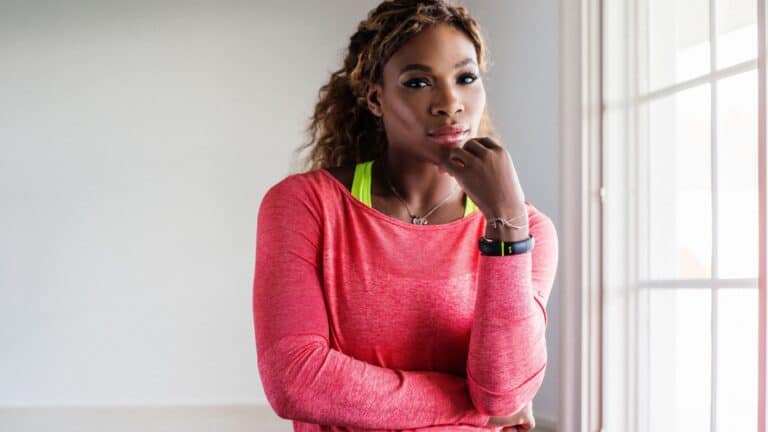These 15 Women Shaped Hollywood’s Legacy
Hollywood has always been a town of dreams, but for decades, it was predominantly shaped by men behind the camera and in boardrooms.
Yet throughout cinema’s history, extraordinary women have broken barriers, shattered glass ceilings, and left an indelible mark on the industry. From the silent era to today’s blockbusters, these 15 women didn’t just participate in Hollywood’s evolution—they drove it forward.
Mary Pickford (1892-1979)

Known as “America’s Sweetheart,” Mary Pickford was far more than just a beloved actress. She was Hollywood’s first businesswoman, co-founding United Artists in 1919 alongside Charlie Chaplin, Douglas Fairbanks, and D.W. Griffith. At the height of her career, Pickford commanded a salary of $350,000 per film—equivalent to over $5 million today.
“Mary Pickford was not just the first movie star; she was the first person to understand that movies could be a business as well as an art form,” noted film historian Kevin Brownlow.
Dorothy Arzner (1897-1979)

As Hollywood’s only female director working consistently from the 1920s through the 1940s, Dorothy Arzner directed 17 feature films and launched the careers of stars like Katharine Hepburn. She’s credited with inventing the boom microphone, revolutionizing how dialogue was captured on film.
Hattie McDaniel (1893-1952)

McDaniel broke the ultimate barrier in 1940, becoming the first African American to win an Academy Award for her role in “Gone with the Wind.” Despite facing segregation even at the Oscar ceremony, she paved the way for future generations of Black performers in Hollywood.
Katharine Hepburn (1907-2003)

With four Academy Awards for Best Actress—a record that still stands—Hepburn redefined what it meant to be a leading lady. She famously wore pants when it was scandalous, chose her own projects, and negotiated her own contracts. Her films grossed over $1 billion worldwide (adjusted for inflation).
“I never realized until lately that women were supposed to be the inferior sex,” Hepburn once said, embodying the fierce independence that would influence generations of actresses.
Ida Lupino (1918-1995)

Lupino became one of the first women to direct herself in a Hollywood film with “Not Wanted” (1949). She went on to direct six more films and numerous television episodes, tackling controversial subjects like rape, unwed pregnancy, and mental illness when few dared to explore such topics.
Lena Horne (1917-2010)

Horne broke racial barriers as one of the first African American performers to sign a long-term contract with a major Hollywood studio (MGM). Her performances in films like “Cabin in the Sky” challenged stereotypical roles offered to Black actresses and opened doors for future stars.
Jane Fonda (1937-present)

Beyond her two Academy Awards and $200 million box office success, Fonda transformed how actresses could use their platforms for activism. Her fitness videos alone generated over $20 million in revenue, proving stars could successfully diversify their careers.
“I’ve always felt that a person’s intelligence is directly reflected by the number of conflicting points of view he can entertain simultaneously on the same topic,” Fonda has said, reflecting her complex approach to both art and activism.
Barbra Streisand (1942-present)

Streisand didn’t just sing and act—she demanded control. As one of the first major stars to also produce and direct (winning an Oscar for “Yentl”), she proved women could successfully helm major productions. Her films have grossed over $1.5 billion worldwide.
Sherry Lansing (1944-present)

As the first woman to head a major studio (20th Century Fox, then Paramount), Lansing oversaw films that generated over $12 billion in worldwide revenue. Under her leadership, Paramount released classics like “Forrest Gump,” “Braveheart,” and “Titanic.”
“I wanted to make movies that mattered,” Lansing has said of her approach to greenlit projects that combined commercial success with meaningful storytelling.
Oprah Winfrey (1954-present)

Winfrey’s production company, Harpo Productions, has generated billions in revenue while telling diverse stories often overlooked by major studios. Her influence extends beyond entertainment—her book club selections become bestsellers, and her film endorsements carry significant box office weight.
Kathryn Bigelow (1951-present)

Bigelow shattered the ultimate glass ceiling by becoming the first woman to win the Academy Award for Best Director with “The Hurt Locker” (2009). The film, made on a $15 million budget, grossed $49 million worldwide and earned six Academy Awards.
“If there’s specific resistance to women making movies, I just choose to ignore that as an obstacle for two reasons: I can’t change my gender, and I refuse to stop making movies,” Bigelow stated, exemplifying her determination to succeed in a male-dominated field.
Ava DuVernay (1972-present)

DuVernay made history as the first African American woman to direct a film nominated for Best Picture (“Selma,” 2014). Her Netflix series “When They See Us” earned 16 Emmy nominations, and she became the first woman of color to direct a film with a budget over $100 million (“A Wrinkle in Time”).
Reese Witherspoon (1976-present)

Through her production company Hello Sunshine, Witherspoon has championed female-driven content, producing hits like “Big Little Lies” and “The Morning Show.” In 2021, she sold the company for $900 million, proving the commercial viability of women-centric storytelling.
“I think storytellers, women storytellers, have really been behind the scenes for too long,” Witherspoon has noted about her mission to amplify female voices in entertainment.
Greta Gerwig (1983-present)

Gerwig’s “Lady Bird” (2017) achieved a rare 100% rating on Rotten Tomatoes and earned her Oscar nominations for Best Director and Best Original Screenplay. Her follow-up, “Little Women” (2019), grossed $218 million worldwide, proving female-directed period pieces could be both critically acclaimed and commercially successful.
Chloé Zhao (1982-present)

In 2021, Zhao became only the second woman ever to win the Academy Award for Best Director with “Nomadland.” She also made history as the first woman of color and first Chinese woman to win in this category. The film won three Oscars in total despite its modest $5 million budget.
The Ripple Effect

These 15 women didn’t just achieve personal success—they fundamentally altered Hollywood’s landscape. According to the Center for the Study of Women in Television and Film, women comprised only 12% of directors of top films in 2020, up from 7% in 2018. While progress remains slow, each breakthrough creates new possibilities.
The Academy of Motion Picture Arts and Sciences has dramatically increased female membership following criticism about diversity. Women now represent 33% of Academy members, compared to just 25% in 2012.
Box office data consistently shows that diverse storytelling pays off. Films with female protagonists earned 15% more globally than those with male protagonists between 2014 and 2017, according to Creative Artists Agency research.
Legacy That Continues

These women proved that talent, determination, and vision could overcome seemingly insurmountable obstacles. They didn’t just break glass ceilings—they created blueprints for future generations to follow.
From Mary Pickford’s business acumen to Chloé Zhao’s artistic vision, each woman on this list contributed something unique to Hollywood’s evolution. They remind us that the most powerful stories often come from voices that were once marginalized, and that true progress happens when barriers are not just broken, but obliterated entirely.
Their legacy lives on in every female director who gets greenlit for a major project, every actress who demands equal pay, and every producer who champions diverse stories. Hollywood’s future will be shaped by its courage to dream big and fight hard for those dreams.
As the industry continues to evolve, these 15 women stand as proof that when given the opportunity, female voices don’t just contribute to Hollywood’s legacy—they define it.
16 Best Jobs for Pregnant Women

16 Best Jobs for Pregnant Women
Pregnancy is a transformative and joyous period in a woman’s life, but it comes with unique challenges and demands. One of the most crucial aspects during this time is ensuring a healthy work-life balance.
Finding the right job during pregnancy is not just about earning an income; it’s about maintaining your health, well-being, and peace of mind.







